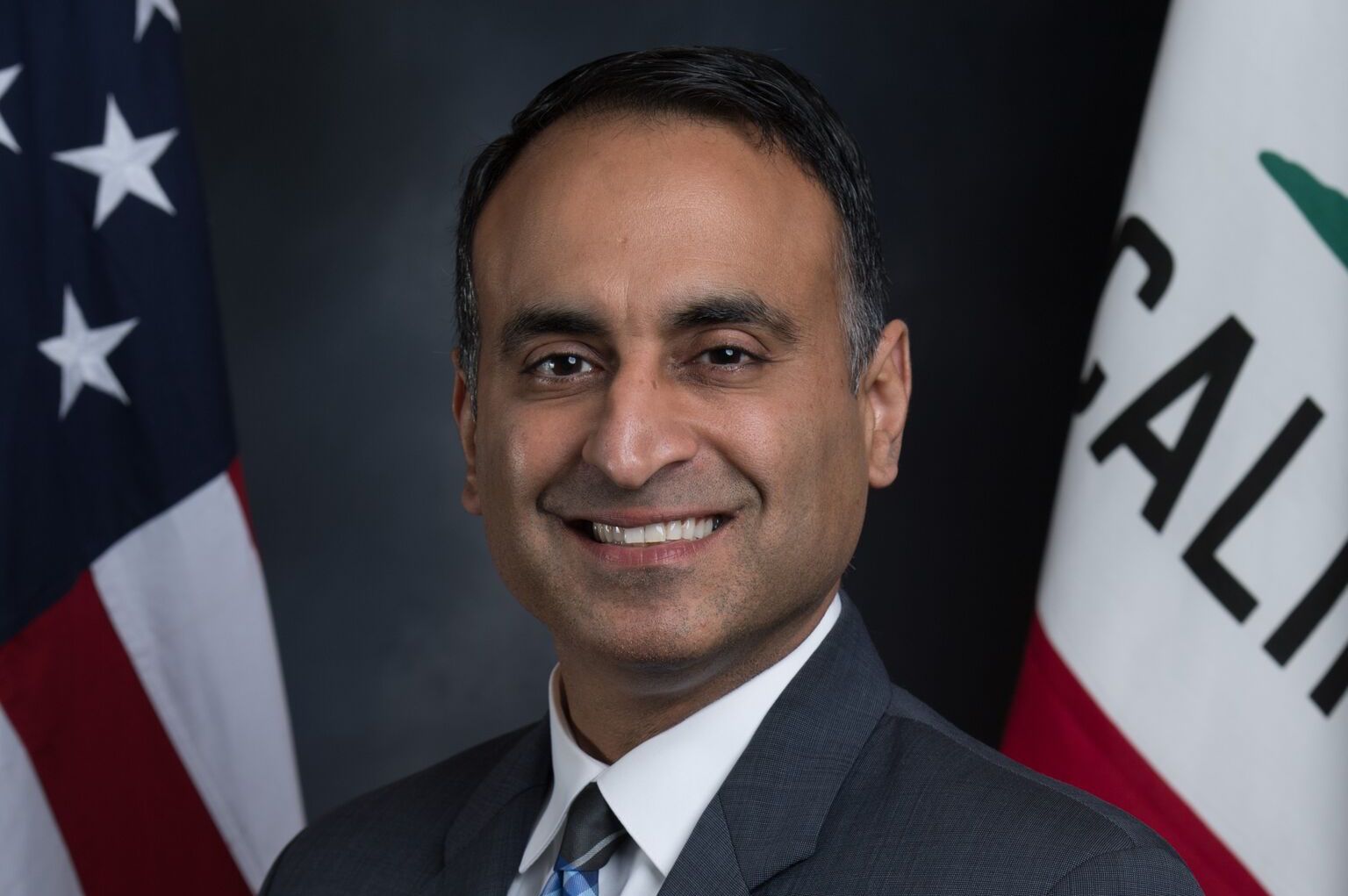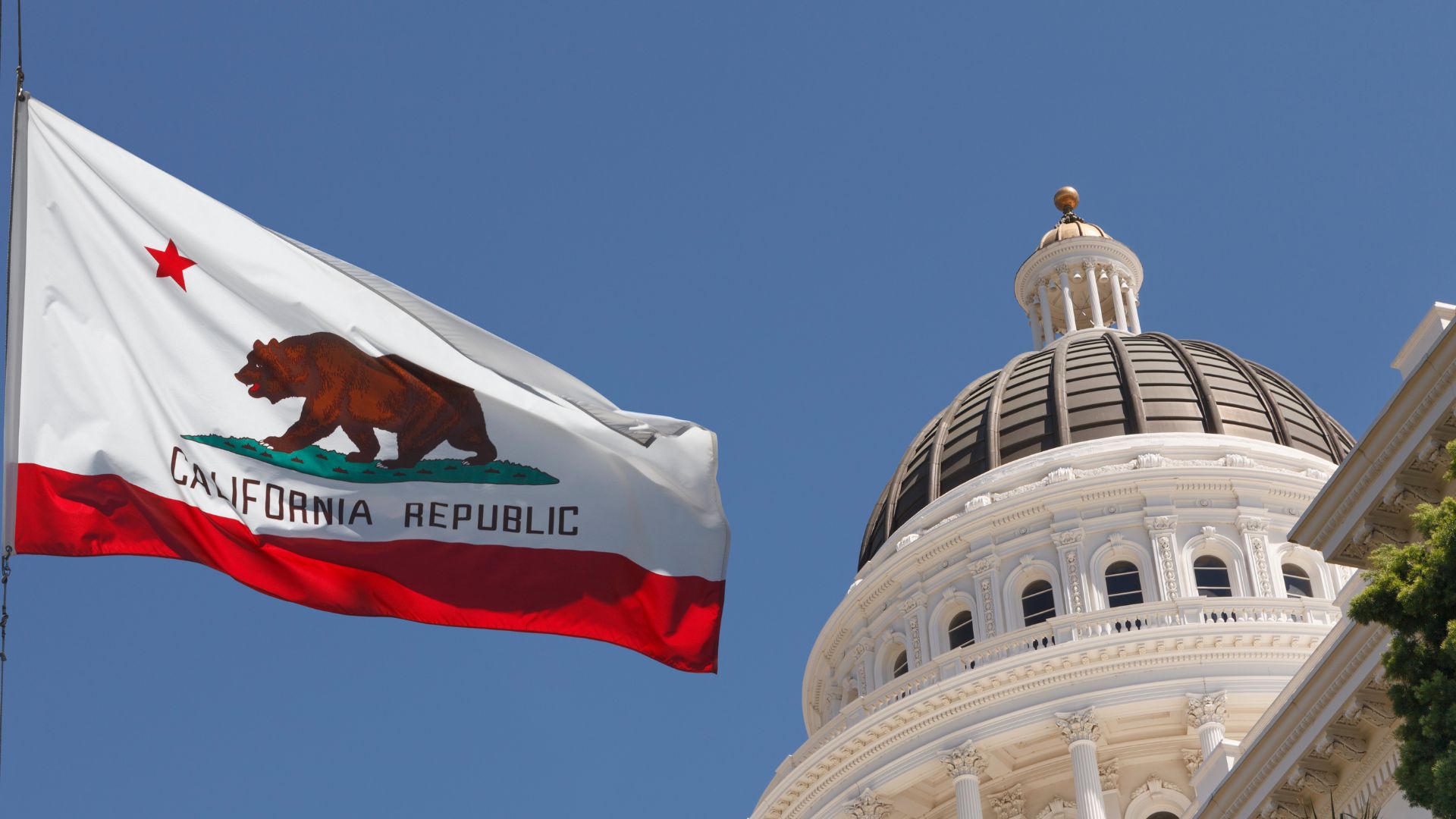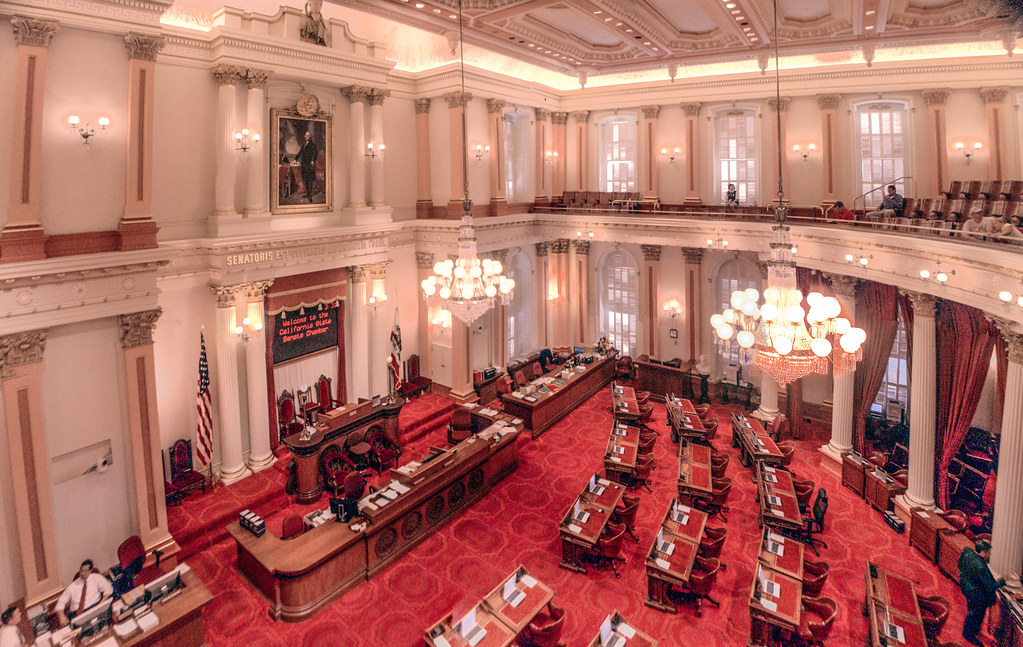Reparations are ‘Fundamentally Unfair’: Democrat Openly Weeps When Latina Republican Declares Reparations ‘Doomed’
During a heated debate about Asian and Latino residents paying for a controversial slavery reparation package, a top California Democrat burst into tears.
Kate Sanchez, a Latina Republican, brought Ash Kalra, the Indian-American chair of the Assembly Judiciary Committee, to tears as she criticized race-based payouts for those who have been displaced or treated inhumanely throughout US history.
What Are Reparations?
Reparations refer to the compensation given to those who have been wronged and experienced injustices. From historical injustices to war crimes to human rights violations, reparations aim to acknowledge and address past wrongs, promote justice, and support the healing and recovery of affected communities.

Source: Freepik
Lawmakers, who often struggle to find common ground, widely debate the question of who deserves reparations.
Arguments Over Reparations
The recent bill for pay reparations is Senate Bill 1331, which is one of 14 reparations bills that lawmakers are attempting to pass. A task force brought these bills to the Senate last year, proposing a $1.2 million package for every descendant of slavery.

Source: Wikimedia Commons
Sanchez, a GOP Latina from Los Angeles, slammed the reparations, calling them “fundamentally unfair” because of who would be paying the $800 billion price tag.
You Will Have to Pay for the Reparations
Those deemed responsible for the injustices should bear the responsibility for paying reparations. This can include governments, corporations, institutions, or other organizations.

Source: Freepik
However, this process is complex as it involves a lot of legal, political, and ethical considerations. A process of negotiations, legislation, or legal rulings to establish responsibility and mechanisms for compensation.
How Much Californians Will Pay in Taxes
However, it appears that the majority of Americans will pay for these 14 reparations bills through a tax hike.

Source: Eric Chan, Wikimedia
Of the $800 billion in reparations that will need to be paid, $648 billion will come from higher taxes and reduced state services.
Many Asians and Latinos Will Have to Pay for Reparations
Sanchez highlights that Asians and Latinos constitute 55% of the Golden State’s population and would face a “major tax hike unlike anything [California] has ever seen before” if reparations are passed.

Source: Dimitri Dim/Pexels
“Most of them, like me, are first, second, or third generation immigrants who had nothing to do with slavery, discrimination, Jim Crow laws, nothing,” she said. “It is fundamentally unfair to force these people to pay for this.”
Not Everyone Should Pay for the Past
The GOP Latina also declared that the “pain of our past should not be paid by people of today.” But not everyone agrees with what Sanchez said about the state of reparations.

Source: Wikimedia Commons
Kalra, a progressive Indian American immigrant who represents eastern San Jose, countered Sanchez’s statement through his tears.
Compensation Is Necessary
“Compensation is necessary,” Kalra said. “It’s hard to ask those of us currently sitting in the Legislature to make those commitments, but no one asked black families over generations if it was okay to take their wealth if it was okay to enslave them.”

Source: Karolina Grabowska/Pexels
He continued to argue that America became the superpower it is today because of slavery, and people still benefit from the effects of this injustice today.
“It’s Not Supposed to Be Easy”
Kalra clarified that reparations will impact all Californians, and it is “not going to be easy.” During the June 11 sessions in Sacramento, he said that reparations shouldn’t feel easy to the majority as they help those affected by the injustices of the past.

Source: Canva
“It’s not supposed to be easy to actually admit when you’ve caused pain,” Kalra stated.
The Many Bills Tackling Reparations
The exchange between Sanchez and Kalra came as the California Legislative Black Caucus pushed to turn reparations from a social justice theory into reality. A new task force created many of these reparations.

Source: Wayne Hsieh/Flickr
These bills tackle education, business, criminal justice, health care, and civil rights. Most importantly, the bills suggest a cash payout to the descendants of slaves. However, this bill has not been able to gain traction.
Californians Don’t Want to Pay
A 2023 survey of 6,000 California voters found that only 23% support cash reparations (via the Daily Mail). However, 59% opposed raising taxes to pay for these reparations.

Source: Maarten van den Heuvel/Unsplash
On top of this, California is struggling to fund ongoing programs as it finds itself in massive debt. Many voters question how the state will be able to afford the $800 billion process, which is already 2.5 times the annual budget of that state.
A Wrench in the Machine
The reparations movement gathered momentum across the US after protests broke out across the nation after the police violence and the accidental death of George Floyd in 2020.

Source: Scott Rodgerson/Unsplash
Campaigners argue that America should repay its Black communities for the injustices of slavery, Jim Crow segregation, and ongoing inequalities, but progress on approving reparations has stalled.
